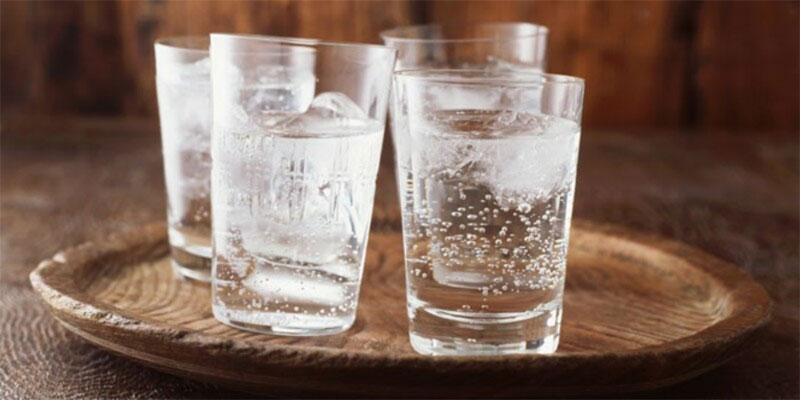
What is the average time frame for successful weight loss? Maintaining reasonable expectations in this day of immediate gratification and questionable advertising promises might be challenging. And when you're already self-conscious about your appearance and your health looks deteriorating, you could be tempted to give yourself an unrealistically high target weight reduction. It seems to make sense that you would feel this way. It's possible that setting a high goal number can make you more excited to get started on your change. But unnaturally low weight might cause health problems and the dreaded "yo-yo effect" (when you lose weight and then gain it all back). In addition, losing weight is far more challenging for specific individuals than others. So, how quickly might one expect to lose weight? To what extent may this change, and what variables contribute to such changes?
There is no way to correctly forecast how long it will take to lose weight, which I've discovered from counseling hundreds of individuals over the years. As a rule, the time it takes to reach your weight reduction goal is proportional to how much weight you want to reduce. To lose one to two pounds each week, as suggested by the CDC, you need to burn 500 to 1,000 calories more often than you take in.
How Does Weight Loss Happen?
Three main factors contribute to your caloric expenditure, or how many calories you burn daily.RMR stands for Resting Metabolic Rate (RMR). It comprises your BMR (the minimal amount of calories your body requires to perform normal biological processes like breathing and pumping blood) and low-effort everyday activities like eating, walking for brief durations (for example, using the toilet), sweating, and shivering. The second factor is the "thermic effect of food" (TEF), or the extra work your body puts in to break down, absorb, and utilize the food you eat.
What Are The Factors That Affect Weight Loss?

Age
As we age, our body composition naturally changes. We get more flabby and lose muscle mass. Solid and robust muscles are a common attribute of the aged, and research shows that this decline may be slowed by regular physical exercise and eating a good diet. This is just one consequence of becoming older, however. The metabolic rates of our internal organs are known to decline with age, as documented in the Nutrition(opens in new tab) magazine.
Sex
Males will have an easier time losing weight, but the underlying biological variations are more complex. Resting metabolic rate in males is 5–10% greater than in women of the same body composition, according to research published in the journal Medicine & Science on Sports & Exercise(opens in new tab). Generally, women are more likely to be overweight than males. Plus, adipose tissue has a lower metabolic rate. Women may not lose as much weight as men on the same diet, although this is not always the case.
Level Of Activity
To burn more calories, increase your level of physical activity. However, the duration of your workout is less significant than the intensity with which you do it. Not even 10 kilometers of jogging can compare to the benefits of a brisk stroll or a relaxing yoga session. Equally crucial to the amount of physical activity you engage in is how you exercise and the rate of improvement you make in your workouts. An increase in resistance exercise can help you maintain muscle mass, as the journal Obesity Reviews reviewed.
Hydration Level

Can You Lose Weight by Drinking water? The relationship between water intake and the pound lost is indirect but actual. Drinking more water aids in portion management and increases lipolysis and fat tissue breakdown, as reported in the journal Frontiers up Nutrition(opens through new tab).
Conclusion
Eating is essential because your body requires the calories you take to do anything from mending damaged cells to powering your brain and nervous system. In contrast, if you eat more calories than your body requires, it will store the surplus as fat or more muscle. This will lead to weight growth over time. Losing weight is a process that requires patience and persistence, just like putting on weight. Eating fewer calories than your body requires to power all of the tasks it conducts daily is necessary if you want your body to reduce this extra fat. The body will subsequently begin to rely on its fat reserves for energy.



